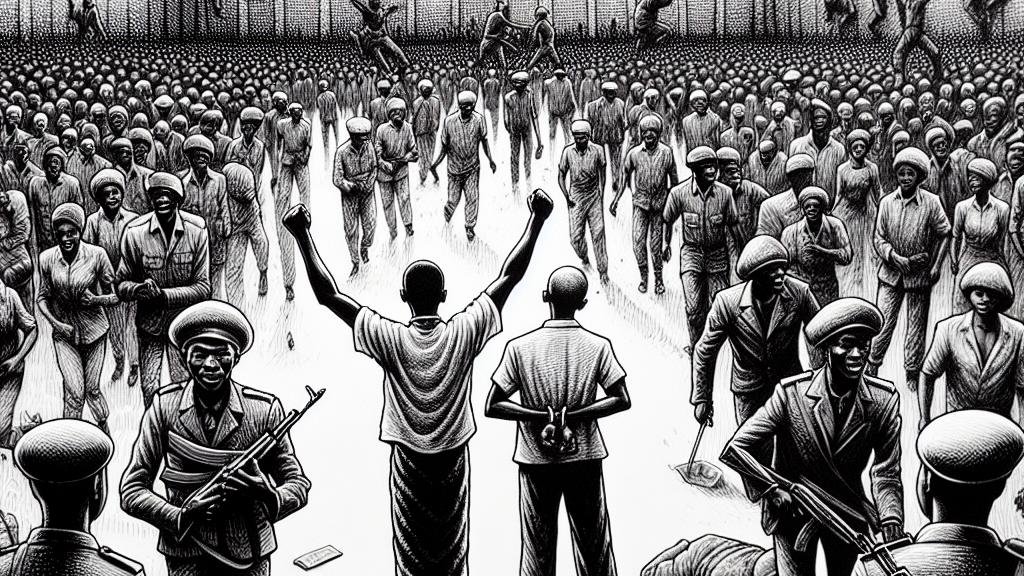Tanzania's Opposition Leaders Break Free: A Dance with Democracy!
Overview
- Freeman Mbowe and Tundu Lissu of the Chadema party released on bail, igniting hope for political reform.
- Nationwide crackdown led to 520 arrests aimed at suppressing a youth rally in Mbeya.
- Concerns grow over Tanzania's democratic trajectory under President Samia Hassan's leadership.

Context of Arrests and Release
In Tanzania, the recent release of opposition leaders Freeman Mbowe and Tundu Lissu on bail marks a significant event in the country’s political landscape. They were detained amidst a nationwide crackdown that resulted in the arrest of around 520 individuals, primarily aimed at halting a youth rally planned in Mbeya to inspire civic action among young citizens. The rally was themed 'take charge of your future,' intending to mobilize the younger generation, but authorities claimed it posed a risk of violence. This response from the government has raised alarm bells among observers who view these actions as a brutal reminder of the oppressive tactics employed during the regime of former President John Magufuli.
Tanzania's Political Climate: A Historical Perspective
The tension in Tanzania's political climate is steeped in a contentious historical backdrop characterized by political repression. The legacy of John Magufuli's presidency looms large, as he famously restricted opposition parties and civil society organizations. President Samia Hassan initially appeared to diverge from this path by lifting the ban on opposition gatherings, fostering hopes for a new era of democratic engagement. However, the recent arrests of key Chadema figures have prompted critics to question Hassan’s commitment to genuine reform. As the country gears up for elections in 2025, these developments highlight the precarious state of political freedom and the ongoing struggle for a vibrant democratic process in Tanzania.
Youth Engagement and Aspirations for Change
As Tanzania approaches its next elections, the youth demographic increasingly represents a powerful force for political transformation. The eagerness for change was evident in the planned youth rally, which sought to unite thousands under the banner calling for active participation in shaping their future. Despite the government's suppression, interest in political involvement remains high among young people, many of whom have become disillusioned with existing leadership structures. Activists believe that empowering youth voices is crucial for demanding accountability and advocating for socioeconomic reforms. The juxtaposition of youthful energy against a backdrop of governmental repression creates a dynamic landscape, making it uncertain yet hopeful for the future of democracy in Tanzania.

Loading...